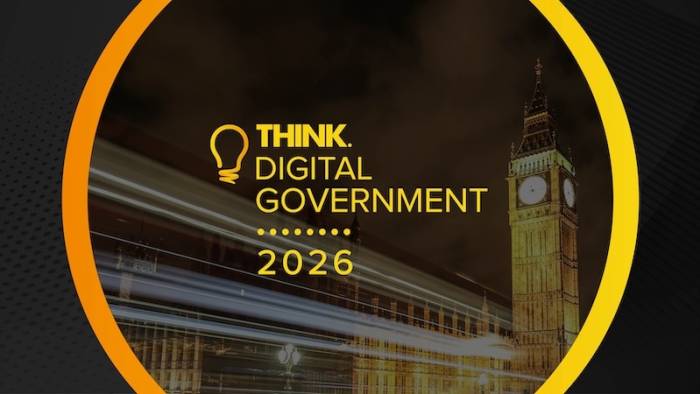The Ministry of Justice (MOJ) has released its AI Action Plan, setting out a roadmap for using artificial intelligence (AI) to reshape the criminal courts and wider justice services.

James Timpson, minister for prisons, probation and reducing reoffending, lead MOJ minister for AI said the tech can help reduce court backlogs, increase prison capacity and improve rehabilitation outcomes as well as victim services.
The AI Action Plan for Justice has been developed in consultation with the independent judiciary and legal services regulators and will implement be implementing it alongside the Home Office, the Crown Prosecution Service and trade unions.
“We are ready to deliver,” said Timpson. “AI rollout is already underway with encouraging early results. Initial funding is secured, with additional backing anticipated as we demonstrate impact. As AI technologies mature, we will refine our approach and plan based on real-world outcomes, evaluation, and feedback from staff, trade unions, partners, and the public.”
The MOJ will look to enhance AI leadership, governance, ethics, data, digital infrastructure and commercial frameworks.
A dedicated Justice AI Unit will be led by the MOJ’s chief AI officer, with input from its Data Science, Digital and Transformation teams. A cross-departmental AI Steering Group will provide oversight and an AI and Data Ethics Framework.
By applying a ‘Scan, Pilot, Scale’ approach, Timpson said the MOJ will target high-impact use cases. These include:
If you liked this content…
- Reducing administrative burden with tools including search, speech and document processing, such as transcription tools that allow probation officers to focus on higher-value work.
- Increasing prison capacity through better scheduling
- Improving access to justice with citizen-facing assistants, for example enhancing case handling and service delivery in the MOJ’s call centres
- Enabling personalised education and rehabilitation, such as tailored training for the MOJ workforce and offenders
- Supporting better decisions through predictive and risk-assessment models, for example predicting the risk of violence in custody
Timpson also said the MOJ will invest in talent, training and workforce planning to accelerate AI adoption. It will also seek to strengthen partnerships with legal service providers and regulators “to support AI-driven legal innovation and with our criminal justice partners on our collective response to AI-enabled criminality.”
‘Faster justice must be fair justice’
“Reducing administrative burden through tools like transcription and smart document search will both speed up processes and directly improve the day-to-day working lives of probation officers, court staff, and others on the frontline. Leveraging AI in these areas, alongside investment in talent and AI training, is key to building a justice system where staff feel supported and able to thrive in their roles,” said Katherine Beadle, client partner for justice at NTT DATA UK&I.
“But faster justice must also be fair justice. That means putting safety and fairness first by working within the law to protect individual rights and maintain public trust. That requires careful oversight and a clear framework for accountability, especially when decisions impact liberty.”
Beadle said that the ‘Scan, Pilot, Scale’ model helps strike that balance.
“It allows new tools to be tested in controlled environments before they’re rolled out more widely, ensuring that technology is both effective and responsible.
“By having the right partnerships in place and working closely with regulators and service providers, government bodies can modernise far quicker than we’ve seen before.”











